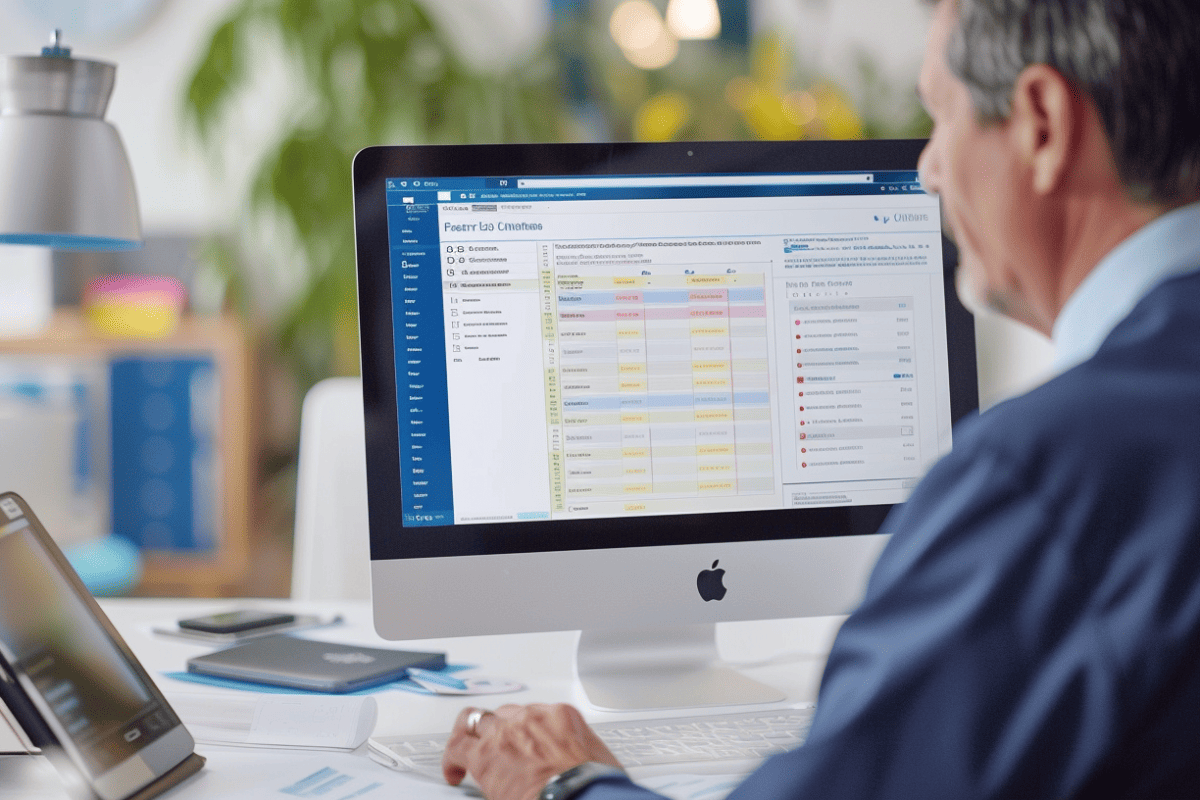First and foremost, how does ERP cloud differ from conventional ERP systems?
Cloud ERP is offered as a service that the IT team of your organization must not maintain or give services. The service provider maintains and hosts all the IT infrastructure, always ensures that the system is working, safe and safe data, and that product improvements are easily implemented. Ultimately, all of this allows you to focus your IT resources on innovating and contributing to business growth. Learn about ERP systems in-depth at Rootstock ERP.
ERP software is more effective when used over the cloud, in today’s digital environment, where business teams and employees may collaboration on key documents, tablets and enter vital data from remote places.
1. Different from common ERPs
For a reason, traditional ERPs have a negative reputation – often clumsy and take longer to work than you save. This mold breaks down Cloud ERP systems. Because they were specifically created for the cloud, they are a modern solution that can meet the rapid requirements of developing companies.
That means that you have no advantages in an ERP solution, including:
- Better insight into data for your company
- Inventory management optimization
- Central management of your main corporate systems
And these benefits, unlike previous models, include further improvements such as the automation of dull routine duties to optimize your business.
Cloud ERPs offer substantial benefits, such as rolling upgrades, quick-light fixes, and robust customer support as part of a Service Software solution. This makes it easier to maintain—as the software vendor does much of the upkeep and can be updated automatically.
Truly top-level software companies will also regularly upgrade, whether motivated by consumer feedback or developmental ambitions. If you lack a function, you can contact your provider: it may be up and running on your stack in the near future.
2. Value
Cloud-based ERP can provide phenomenal value depending on its size, financial status, and structure. Although ERP on-site normally requires heavy payment in advance, cloud offers do not let costs extend over time. If it is crucial for you to reduce operating costs to a minimum, then Cloud ERP should be attractive.
It is challenging to install ERP on-site apps. It often takes downtime and always takes considerable time and effort to choose a system, negotiate prices, to have the system installed, fixed, and maintained. ERP is different on the cloud. It does not need to be extensively installed and the workload can usually be moved instantly, so there is no time lost. Many cloud ERP software frequently offers an easy price structure, which is also a big advantage.
In stark contrast to traditional ERP solutions, cloud-based ERPs can be adapted for any system or business. They are quite modular – you just have to buy an extension from your core system to add a feature — so that they adapt to accomplish exactly what they need.
3. Easy to implement
The most help comes from your ERP cloud partner while the system is up and operating. There is no time waiting for IT to fix the problem or answer any of your questions if you require adjustments. Cloud software is tremendously beneficial in decreasing stress on IT for firms when IT is already overcrowded (including most enterprises nowadays).
Cloud-based choices for speed and improved user experience are designed in contrast to standard ERP solutions. Incredibly expensive might be the deployment procedure of a classic gargantuan ERP system, with specialized expertise and months, delays, or concealed costs.
The software in the cloud is different since hardware and technical expertise are not required to be configured. Deployment is fast, often a few days, so you may take advantage of it as quickly as possible – it’s like installing a strong application that will be the heart of your organization.
This means also that your staff will actually use the platform so that you get the value of your money. Cloud ERPs are generally much easier to operate and easier to connect than antiquated systems. You can implement the cloud system on a device that is connected to the internet, including tablets that connect your executives to the order management system.
4.Compatible usage
A typical problem in many traditional ERP systems is that it is not compatible with other systems, particularly when upgrading to new software. Cloud-based software uses often common mechanisms for fast integration with other technologies to allow you to transfer data from other systems to your ERP so that you can see the data in your company more thoroughly, accurately, and up to date.
Cloud ERP offers your company a great deal of freedom. This is mainly because you have a working internet connection, thus a cloud-based system may be accessible from anywhere. Such omnipresent access means that decision-making, data sharing, and reporting are possible at all times, anywhere. It also means that your PC, laptop, tablet, or mobile phone has unchecked access.
This is a sponsored post
Digital Health Buzz!
Digital Health Buzz! aims to be the destination of choice when it comes to what’s happening in the digital health world. We are not about news and views, but informative articles and thoughts to apply in your business.



2 comments
Jack
January 11, 2022 at 6:42 am
Nice content you got here! Love how the topic is focused on the Advantages Of Cloud ERP, this surely helps people like me to decide whether I should really go for an ERP service company. It’s a great guide. Thank you for this blog post.
LogicData Denver
January 11, 2022 at 6:44 am
Nice content you got here! Love how the topic is focused on the Advantages Of Cloud ERP, this surely helps people like me to decide whether I should really go for an ERP service company. It’s a great guide. Thank you for this blog post.